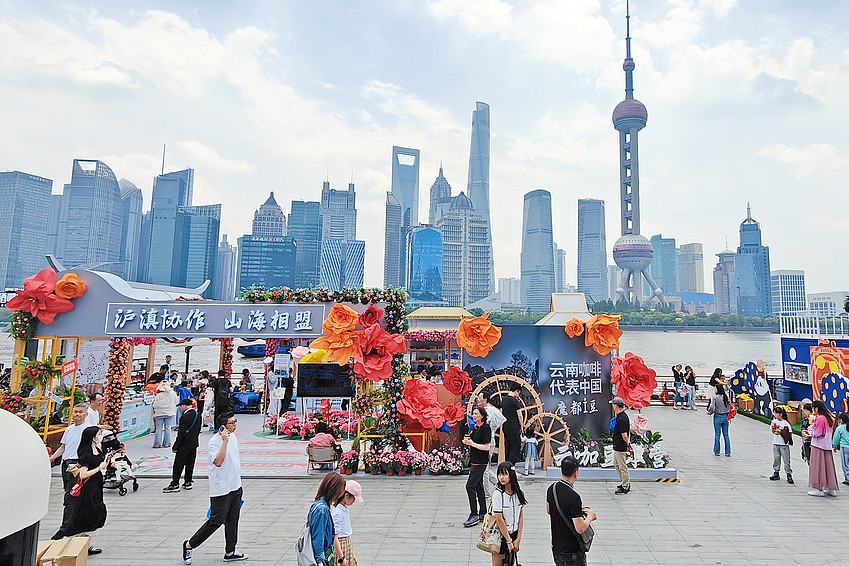CE has legitimate powers to invoke ERO: Basic Law expert


To lawmaker Priscilla Leung Mei-fun, it was very controversial and “highly sensitive” that the Emergency Regulations Ordinance (ERO) and Prohibition on Face Covering Regulation, commonly known as the “anti-mask law”, was both ruled to be inconsistent with the Basic Law by the Court of First Instance.
The Court of Appeal will hear the government’s appeal on Wednesday (today), and Leung believes the case will ultimately be brought to the Court of Final Appeal. Leung, a barrister, who is also a member of the Basic Law Committee, said she hoped the case would be settled in an amicable manner.
In early October, The Chief Executive in Council invoked the ERO to enact the anti-mask law to deal with violent protests against the now-withdrawn extradition bill which have been ongoing since June.
“The introduction of the mask ban came rather late,” Leung told China Daily in an exclusive interview. “It should have been introduced much earlier in August as the ban would provide a stronger deterrent for first-time offenders. Those who had committed crimes several times were not afraid of the mask ban.”
Opposition legislators were quick to apply for an injunction order on the mask ban. After it was refused, they applied for a judicial review and the court agreed to a hearing on the mask ban.
On Nov 18, the Court of First Instance ruled that both the ERO and the mask ban were inconsistent with the Basic Law. The ruling drew strong criticism from a number of ministries and institutions of the central government, including the Legislative Affairs Commission under the Standing Committee of the National People’s Congress and the Hong Kong and Macao Affairs Office of the State Council.
“The core of the dispute involves the chief executive’s source of administrative powers stipulated in the ERO,” explained Leung. “Since the CE is responsible to both the Hong Kong SAR and the central government, it is necessary to sort this out in no uncertain terms.”
In the face of rampant riots in Hong Kong, the CE invoked the ERO to promulgate the mask ban, among other things, Leung said. It is within the CE’s administrative powers to make laws without going through the Legislative Council.
She added: “In general terms, Hong Kong courts have the authority to adjudicate cases within the limits of the Basic Law. But when it comes to the authority of the central government authorities and the relation between the central and SAR authorities, the NPCSC is the only authority which can adjudicate.
“I understand why the Legislative Affairs Commission is angry. Because from the viewpoint of the central government authorities, the emergency powers are conferred on the CE by the central authorities to enable the SAR government to deal with emergency matters and so this is not a purely a matter within the SAR government,” the legal expert explained.
Leung cited cases that Beijing and Hong Kong courts had not always agreed on — namely the right of abode case, the “Congo case” and the LegCo oath saga.
- 5.4-magnitude quake strikes SW China's Sichuan: CENC
- China records surge in holiday travel during the eight-day break
- Top court warns against farmland encroachment, illegal mining
- Wenchang Aerospace Science and Education Center upgrade nears completion
- Chinese Navy hospital ship completes medical service to Fiji, heads for Tonga
- Visa-free entry policies boost inbound tourism during National Day holiday





































